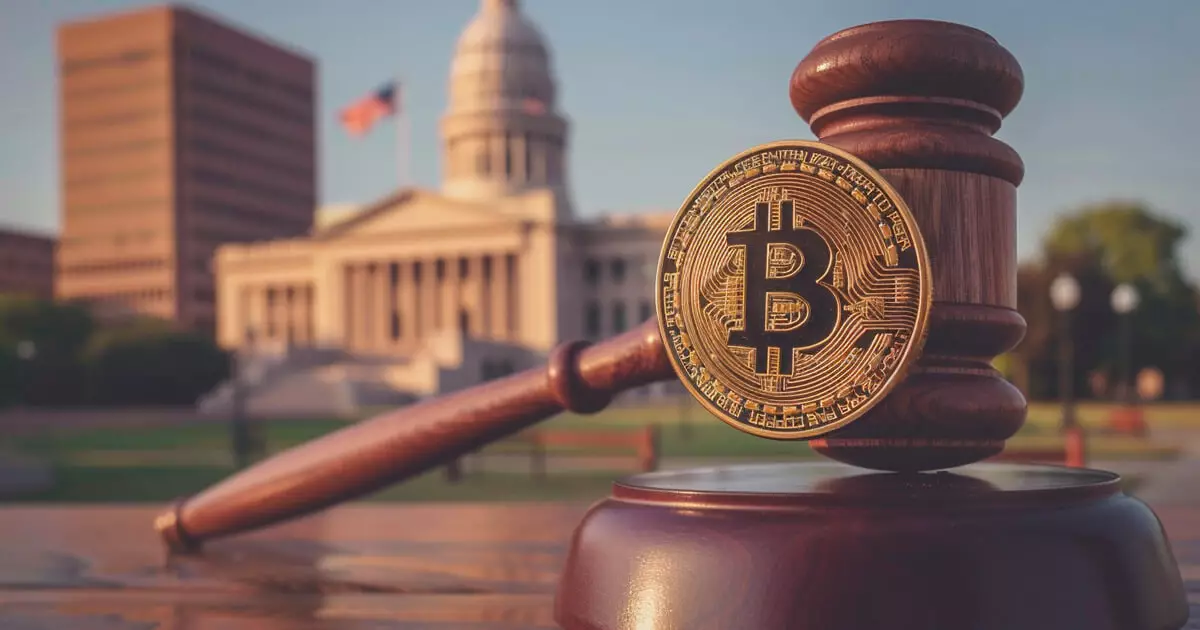Recently, Oklahoma made history by becoming the first state in the United States to legally protect the right to self-custody Bitcoin. With the passing of bill HB3594, residents are now able to hold, control, and use digital assets without the fear of state interference. This new legislation also covers digital asset mining and ensures that citizens can engage in home mining activities without restrictions.
By prohibiting the state from restricting the use of crypto for legal transactions and guaranteeing the right to self-custody Bitcoin using hardware wallets, Oklahoma has paved the way for a more crypto-friendly environment. This landmark legislation is not only a win for residents of the state but also serves as a blueprint for other states to follow suit. The law also eliminates the need for Bitcoin miners and digital asset validators to obtain a money transmitter license, further streamlining the process of engaging in cryptocurrency activities.
The successful passage of the bill can be attributed to the efforts of organizations like the Satoshi Action Fund and the Oklahoma Bitcoin Association. These groups played a crucial role in educating lawmakers about the benefits of Bitcoin and advocating for the protection of self-custody rights. By highlighting the importance of managing personal wealth and securing a prosperous future, advocates emphasized the fundamental role that digital assets play in today’s economy.
The passage of HB3594 in Oklahoma signals a shifting attitude towards cryptocurrency at both the state and federal levels. While Democrats and Republicans have often been divided on issues related to digital assets, the increasing political interest in crypto suggests a broader bipartisan support for innovation. As technology continues to evolve, so do perspectives on the regulation and use of cryptocurrencies.
The recent legislation in Oklahoma sets a major precedent that has the potential to inspire other states and even other nations to adopt similar measures. By protecting the right to self-custody Bitcoin, the state has shown a commitment to fostering a thriving crypto ecosystem and empowering its residents to fully participate in the digital economy. As other jurisdictions consider the implications of this groundbreaking law, the conversation around cryptocurrency regulations is likely to evolve in the coming years.

